Black Myth: Wukong just launched to a stellar reception, garnering a whopping two million players within a day, but things aren’t all sunshine and rainbows.
Shortly before release, developer Game Science came under fire for its streaming guidelines that reportedly prohibit creators from talking about politics and “feminist propaganda.” The studio also faced criticism after alleged sexist comments surfaced suggesting Black Myth: Wukong “needed no female players,” alongside an apparent slew of grotesque, oddly genitalia-focused remarks.
Somewhat unsurprisingly, this led to hordes of self-proclaimed anti-woke fans coming out of the woodwork to celebrate Wukong’s lack of diversity. All it takes is a brief glimpse at the comments sections on social media to see this kind of sentiment is rife. The most telling thing of all is how the ScreenRant journalist who criticized Wukong’s lack of inclusion was bullied off the internet by rabid commenters. No one should ever face hate for doing their job.
This is all symptomatic of a wider problem that’s damaging the industry we love.
Anti-woke gamers, assemble
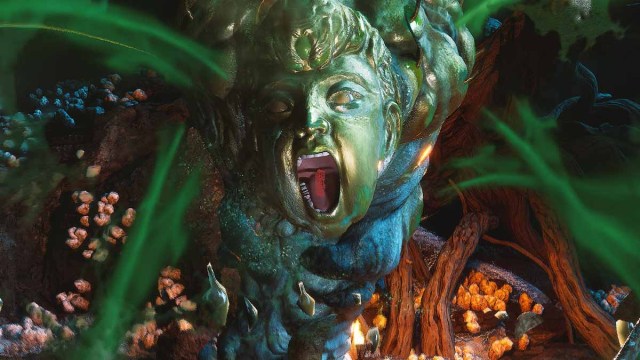
On Aug. 21, Pubity’s Instagram page shared news of Wukong breaking Steam’s single-player record, and the comments are full of unsavory replies from fans delighted the game isn’t inclusive. “Because it’s not gay or woke,” a top comment reads, which at the time of writing has nearly 4,000 likes. “So proud of this game that doesn’t support any genders or sexual orientations, unlike the other games nowadays,” another user said. The common sentiment is that “liberals are in TEARS,” and it sounds like right-wing gamers couldn’t be happier.
It doesn’t stop there; on Aug. 20, creator Ryan Kinel shared a YouTube video called “Woke Game Journalists TRIGGERED Over Black Myth: Wukong.” The comments paint a similar picture, and it won’t take you long to find dozens of parallel examples. “I’m getting this game just because it doesn’t have diversity,” one user replied, while another wrote “journalists would give it 10/10 [if] it were ‘Black Chick With-Dong’ instead.” How clever.
I gave Wukong 8/10 in my review and I’ll stand by it. Gameplay-wise, Wukong is fantastic. But after 40-plus hours, I’ve yet to encounter a single female character—aside from one inanimate miniboss called the Mother of Stone—and no one can convince me that’s a good thing.
Journey to the West, the story Black Myth: Wukong is based on, has plenty of female characters, and there’s even a city populated by women, like Zelda’s Gerudo Town. None of this appears in Black Myth: Wukong. I wonder why? Considering the reports of sexism running rampant within the developer’s workplace, we can only speculate, but I strongly believe Wukong’s lack of diversity is adding fuel to the wrong fire.
Diversity isn’t a bad thing, and we shouldn’t be afraid of it
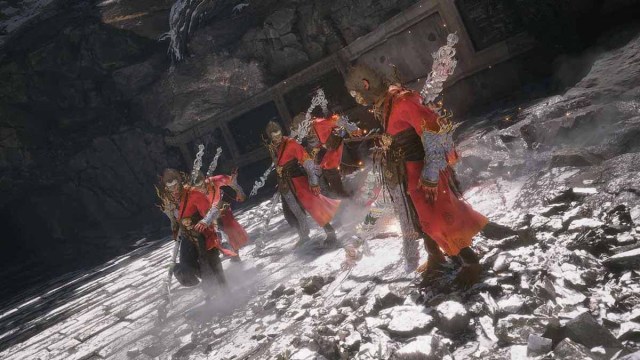
Half the people on the planet are women. Around 10 percent of humans identify as LGBT+, according to a 2021 survey. We live in a diverse world and there’s no escaping it.
Having a diverse cast of characters makes games more believable. It helps female and minority players feel represented. Diversity helps break down stereotypes, like the (utterly untrue) notion that women don’t enjoy games. It facilitates richer narratives and fosters more creative storytelling, and games that deliberately omit diversity feel narrower in scope and perspective—not to mention putting off prospective buyers.
Purely from a business perspective, diverse games appeal to more players, which can improve sales by helping developers tap into new markets. Diverse games feel more relatable to a broader audience and satisfy the community’s growing demand for inclusivity in the industry. They create opportunities for marginalized content creators and encourage us to develop empathy for groups we aren’t familiar with. I could go on, but I’ll stop here for brevity’s sake.
We all share a common hobby, and we should stand together to make sure as many people can enjoy it as possible.
Game Science doesn’t seem interested in any of this. I’m not saying every game needs diversity and inclusion shoved down its throat—far from it. There are plenty of excellent games that don’t have a diverse cast of characters simply because there’s no room for them. But there was room for diversity in Black Myth: Wukong, and the developer seemingly chose to ignore it.
When a developer elects to only feature straight male characters, it sends a message that diversity isn’t important—or worse, that it’s a bad thing. This rallies toxic community members who share the same opinion, encouraging passionate gamers to go for each other’s throats.
Catalyzing a divide between gamers is terrible for the industry. We all share a common hobby, and we should stand together to make sure as many people can enjoy it as possible. The world is divisive enough; there are countless conflicts happening around us that lead to tragic losses of life every day. Gaming is an escape from the tumultuous world we live in. We shouldn’t be carrying hate into what should be a safe space for everyone.
And if reading this made you mad, I’ve got one thing to say: Cry more.


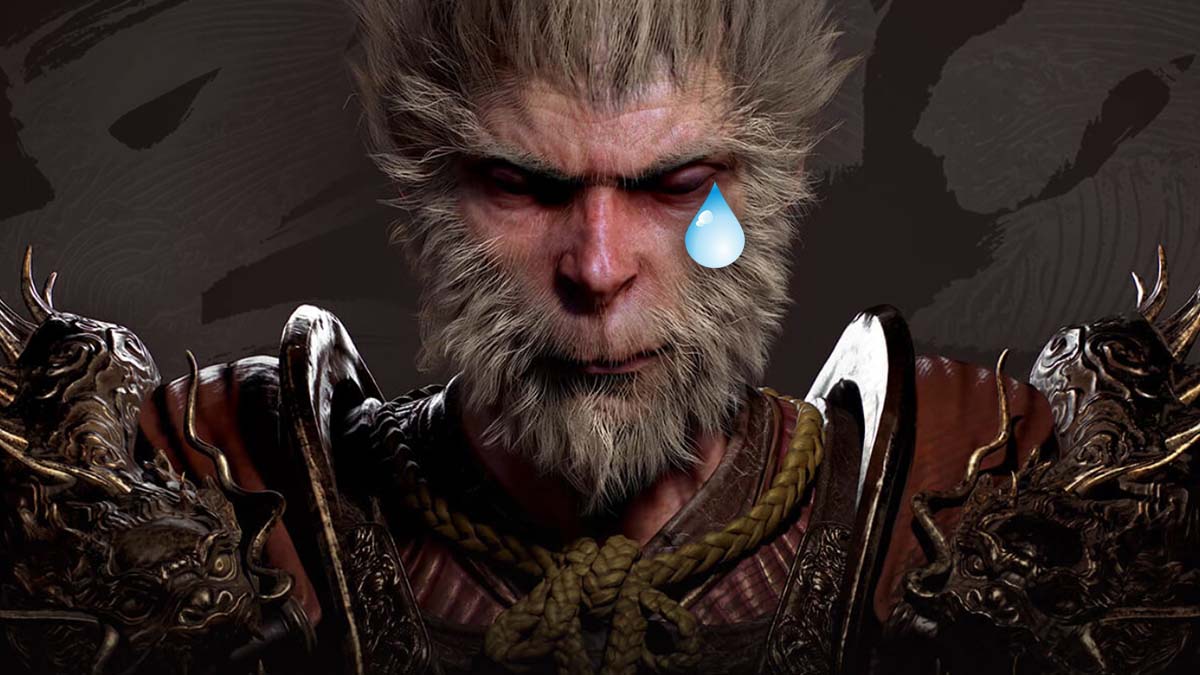

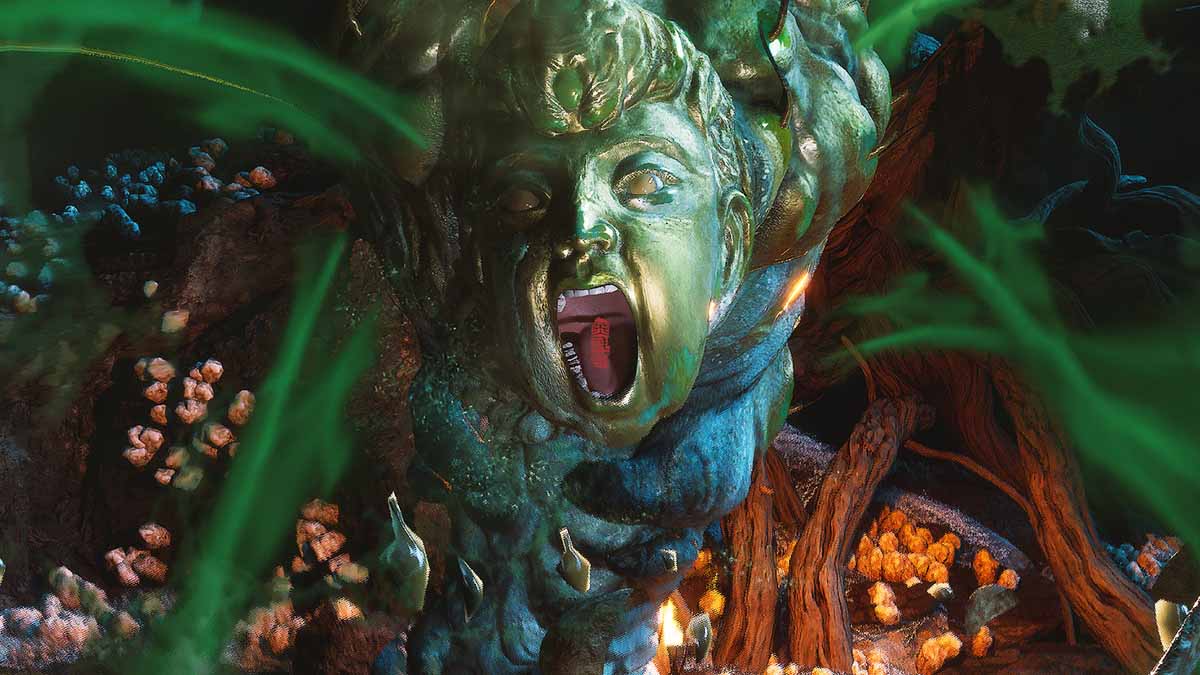
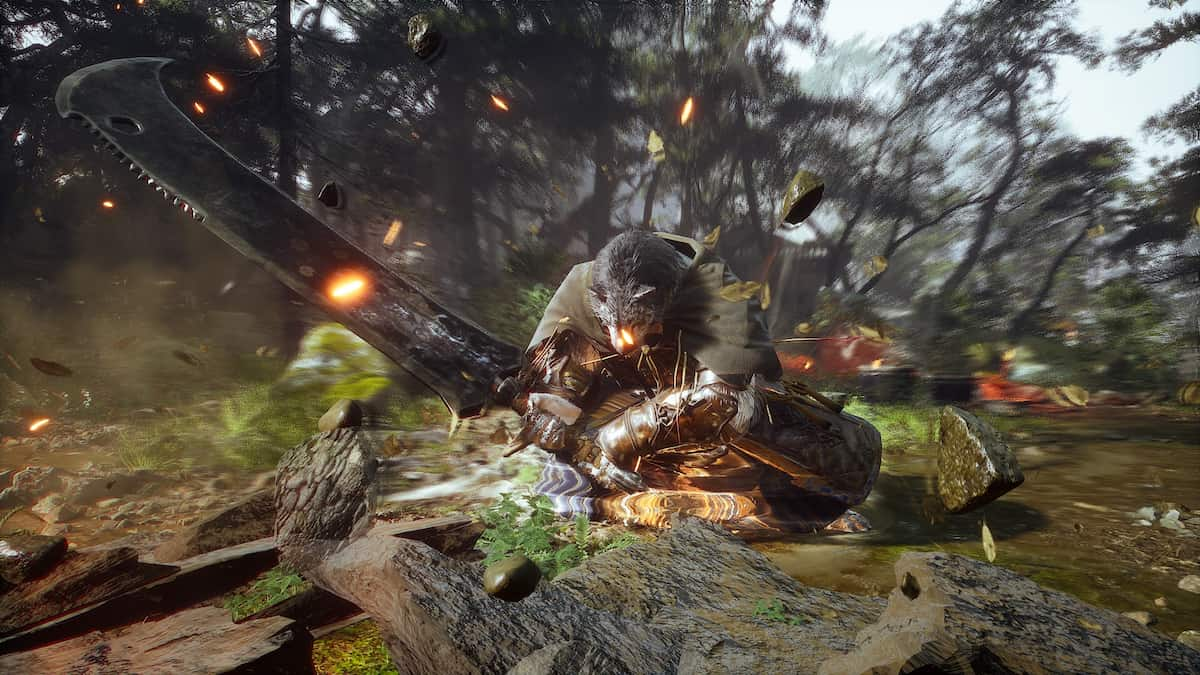
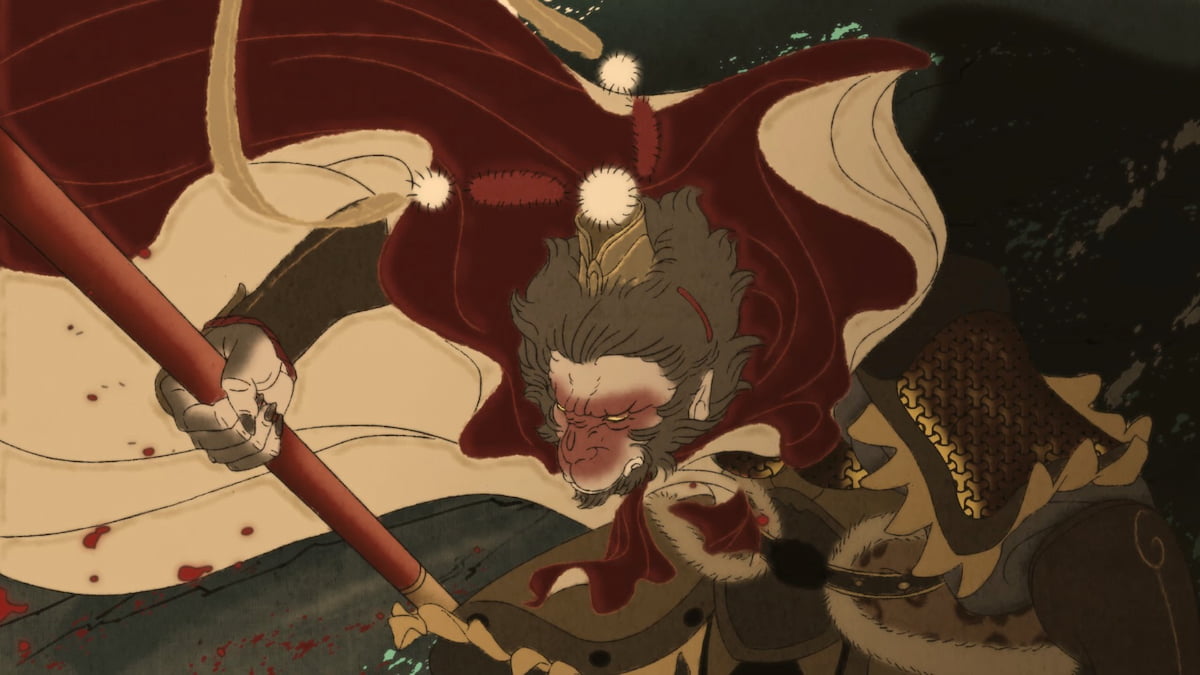
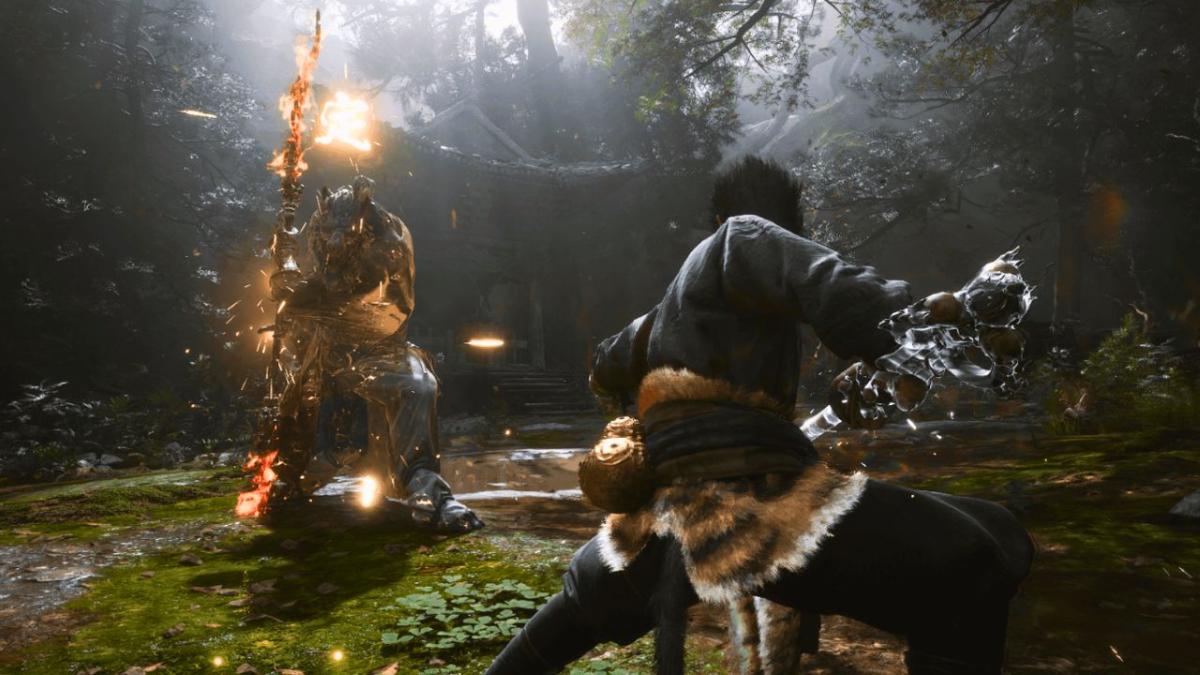
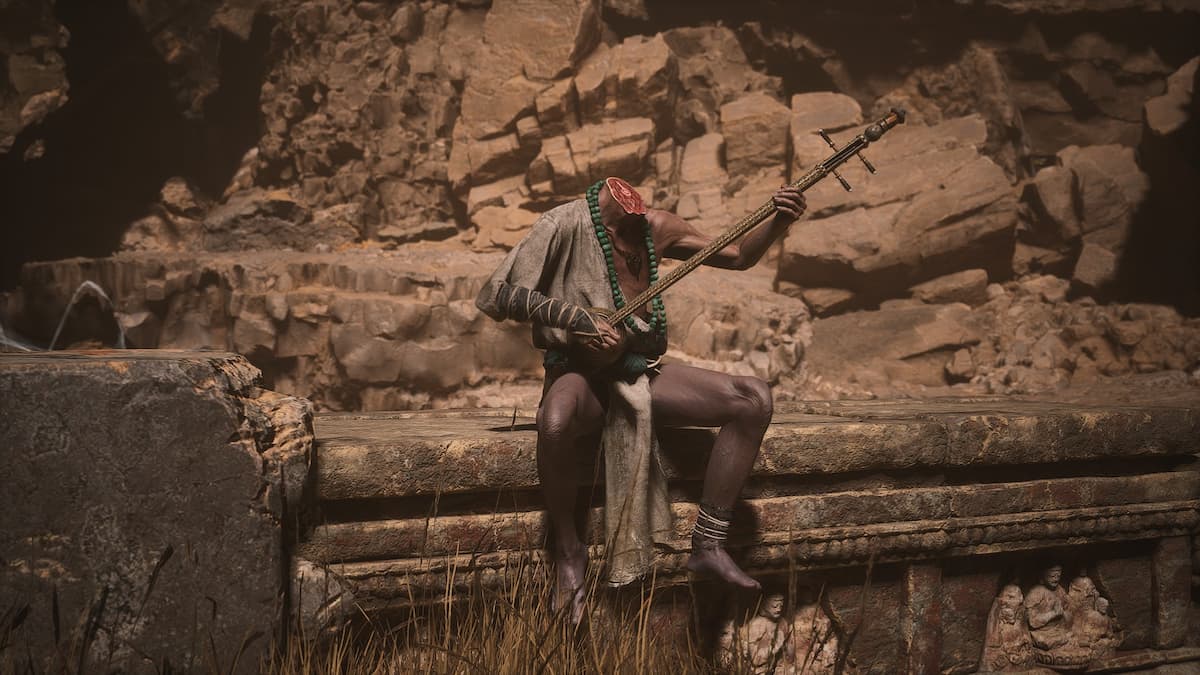
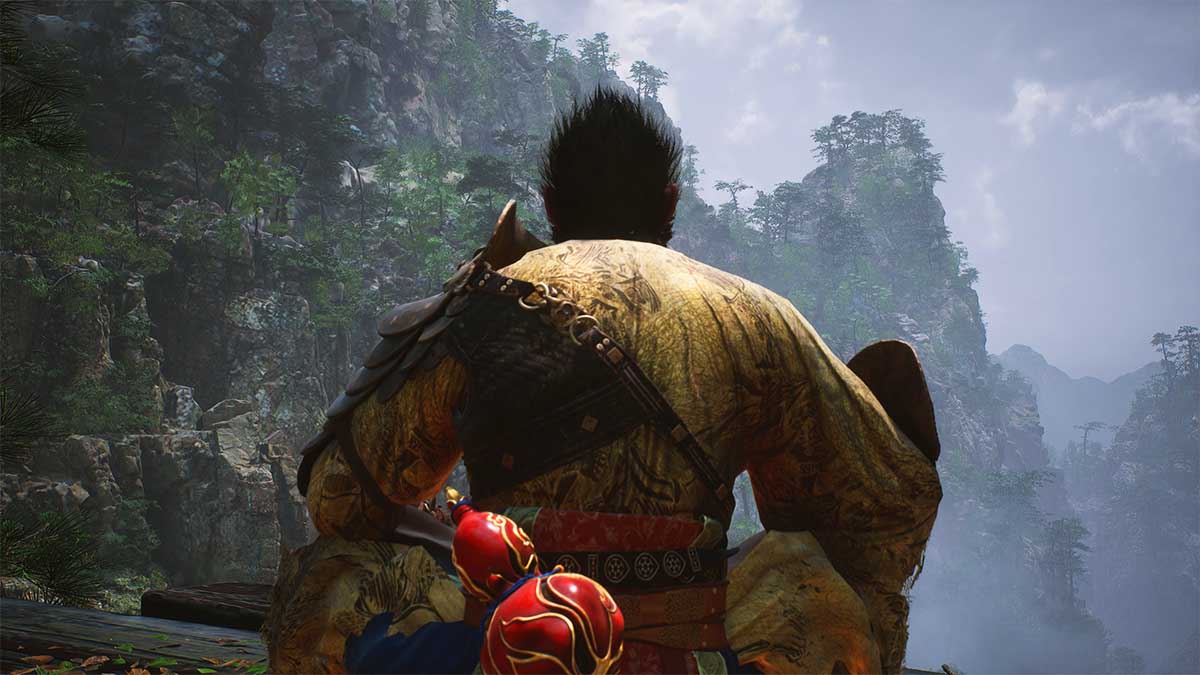

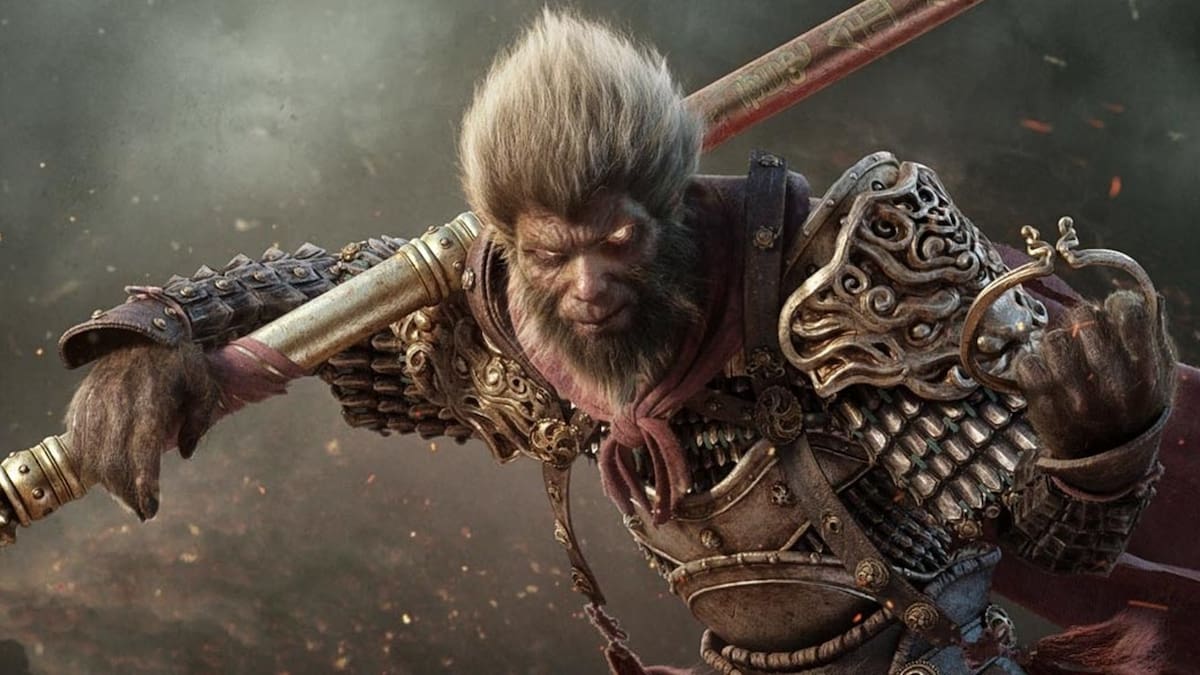
Published: Aug 21, 2024 02:07 pm